 Picture this: You’re driving on the highway and push your car’s speed to the limit. Suddenly, a police officer pulls up behind you. Your heart races and stomach drops. You hold your breath as your eyes quickly dash to your car’s speedometer, double-checking your speed. Luckily, you aren’t going over the speed limit. Just as the butterflies in your stomach start to settle, red and blue lights start flashing behind you. You slow the car and come to a stop. The officer tells you that you were going far faster than you thought that you were. Turns out, your speedometer is out of calibration. Now, not only are you running late, but you also owe the state a couple hundred dollars.
Picture this: You’re driving on the highway and push your car’s speed to the limit. Suddenly, a police officer pulls up behind you. Your heart races and stomach drops. You hold your breath as your eyes quickly dash to your car’s speedometer, double-checking your speed. Luckily, you aren’t going over the speed limit. Just as the butterflies in your stomach start to settle, red and blue lights start flashing behind you. You slow the car and come to a stop. The officer tells you that you were going far faster than you thought that you were. Turns out, your speedometer is out of calibration. Now, not only are you running late, but you also owe the state a couple hundred dollars.
If your speedometer isn’t calibrated properly, you risk fines, damage to your vehicle, and endangering those around you. You may face similar consequences if your instrumentation is not calibrated at a regularly established interval. You could be subject to disciplinary action from regulatory bodies, damage to your instrument or surrounding equipment, or even harming building occupants by using equipment that is out of specification. Continue reading “The Importance of Choosing An Accredited Calibration Laboratory”
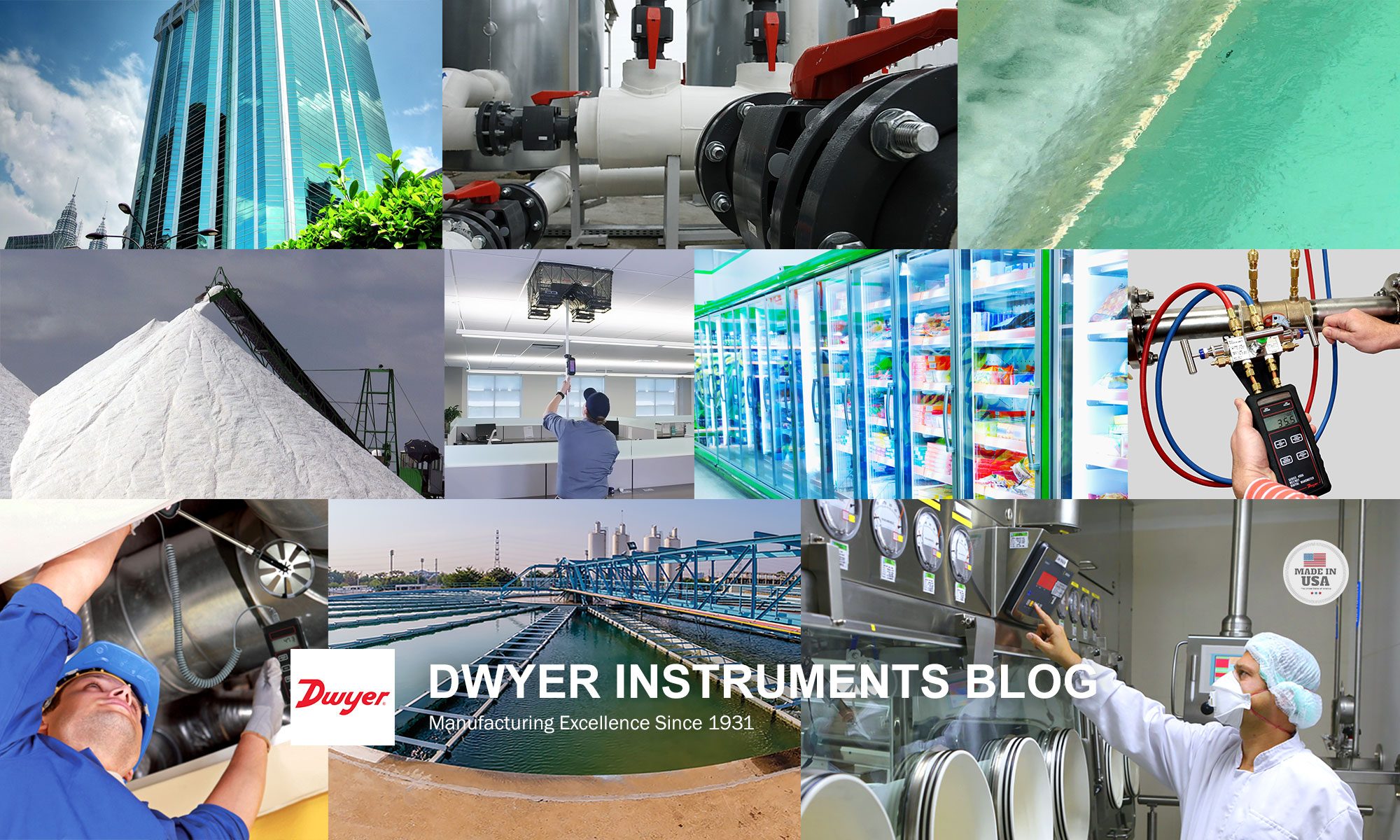
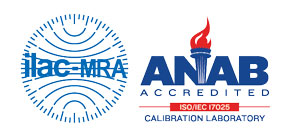
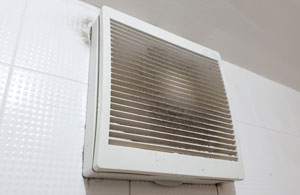
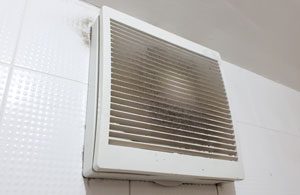 Differential pressure measurement can be beneficial in a wide variety of building automation system (BAS) applications.
Differential pressure measurement can be beneficial in a wide variety of building automation system (BAS) applications.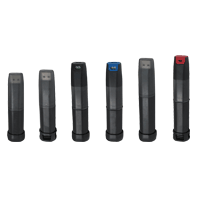
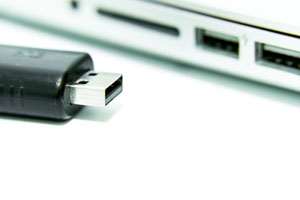 What is a data logging USB?
What is a data logging USB?
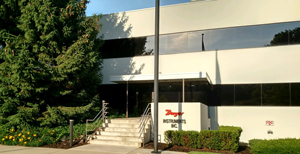 Since the company was founded in 1931, customers have come to recognize
Since the company was founded in 1931, customers have come to recognize 
 If you’ve ever spent time in a hospital, you may have noticed a device similar to a home thermostat mounted on the wall with a display stating “ACH”. What exactly does “ACH” stand for and why is it important in a building or hospital?
If you’ve ever spent time in a hospital, you may have noticed a device similar to a home thermostat mounted on the wall with a display stating “ACH”. What exactly does “ACH” stand for and why is it important in a building or hospital?